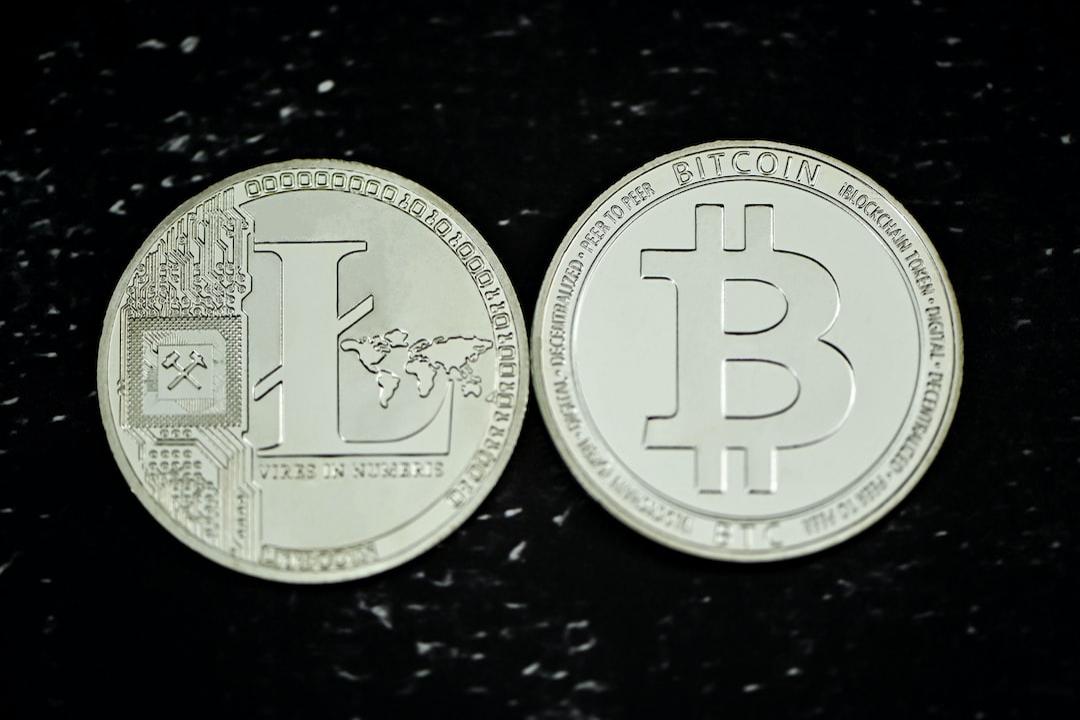The U.S. Securities and Exchange Commission (SEC) announced on Thursday that it has approved the 19b-4 forms for eight Ethereum ETFs, marking a significant milestone for the second-largest cryptocurrency by market capitalization and a surprising shift in the regulatory stance of the United States.
The following fund products have been approved in the application: the converted Grayscale Ethereum Trust, Bitwise Ethereum ETF, iShares Ethereum Trust, VanEck Ethereum Trust, ARK/21 Shares Ethereum ETF, Invesco Galaxy Ethereum ETF, Fidelity Ethereum Fund, and Franklin Ethereum ETF.
This approval confirms the SEC’s “180-degree shift” in attitude. After approving Bitcoin ETFs earlier this year, the SEC has remained silent on similar Ethereum products until earlier this week. Almost everyone was waiting for a rejection, but the wind suddenly changed in the past few days. A few days ago, Bloomberg analysts Eric Balchunas and James Seyffart raised the approval odds from 25% to 75%.
Will ETH be defined as a commodity? Coinbase Chief Legal Officer Paul Grewal.eth commented on X platform that the approval of the Ethereum ETF means that “ETH is actually being treated as a commodity.”
Just a few weeks ago, Ethereum software company Consensys filed a lawsuit against the SEC, accusing the regulatory body of secretly considering ETH as an illegal and unregistered security for over a year. Analysts point out that if the SEC officially categorizes ETH as a security, the approval process for the Ethereum ETF will need to undergo a different procedure.
Therefore, the approval of the Ethereum ETF by the SEC today seems to imply that ETH itself is not considered a security. Given ETH’s crucial role in the Ethereum network, this result is a significant victory for the crypto industry.
It is worth noting that several ETH ETF issuers removed clauses regarding client ETH staking from their applications this week to increase the chances of approval.
Although the 19b-4 forms have been approved, ETF issuers still need the SEC to sign and approve their respective S-1 registration statements for the official trading of the Ethereum ETF to commence. Industry analysts state that this process may take several days, weeks, or even months.
According to a new report by Galaxy Digital, if the Ethereum ETF is approved, it may be listed on exchanges in July or August. The report states that the risk profile of the Ethereum ETF is significantly higher than that of the Bitcoin ETF, which may prolong the regulatory decision-making process for the fund. Researchers point out that the various decentralized applications built on the Ethereum network “add a range of potential disclosures,” which could make it more challenging for the Ethereum ETF to obtain final approval from regulatory authorities and commence trading.
Some analysts predict that the inflow of funds into ETH ETFs will be relatively smaller compared to Bitcoin. The Grayscale Ethereum Trust currently holds about $11 billion in assets, much smaller than the pre-conversion Bitcoin fund. Additionally, most investors do not want to miss out on staking rewards.
Overall, the approval of the Ethereum ETF signifies a potential softening of the SEC’s attitude towards cryptocurrencies after a series of legal battles. The agency lost a lawsuit against Grayscale in 2023, leading to the approval of Bitcoin products. Many analysts also point out that the SEC’s shift is closely related to U.S. politics. With the support of many Democrats, the House of Representatives passed the significant FIT21 bill, despite the Biden administration expressing opposition to the legislation earlier in the day. Additionally, a resolution was passed last week by the House and Senate overturning the SEC’s accounting guidance for custodians of cryptocurrencies, despite the White House issuing notice that Biden intends to veto the narrow-scoped bill. Former President Trump has also recently started accepting cryptocurrency donations.
While the approval of the 19b-4 forms is a positive development, ETF issuers still need to go through the process of signing and approving their S-1 registration statements with the SEC before the Ethereum ETF can officially begin trading. This process may take several days, weeks, or even months, depending on the SEC’s response and the discussions between the exchanges and issuers.
Author: Mary Liu, BitpushNews
Twitter: https://twitter.com/BitpushNewsCN
Telegram: https://t.me/BitPushCommunity
Telegram Subscription: https://t.me/bitpush
Btok Subscription: https://btok360.com/bitpush


